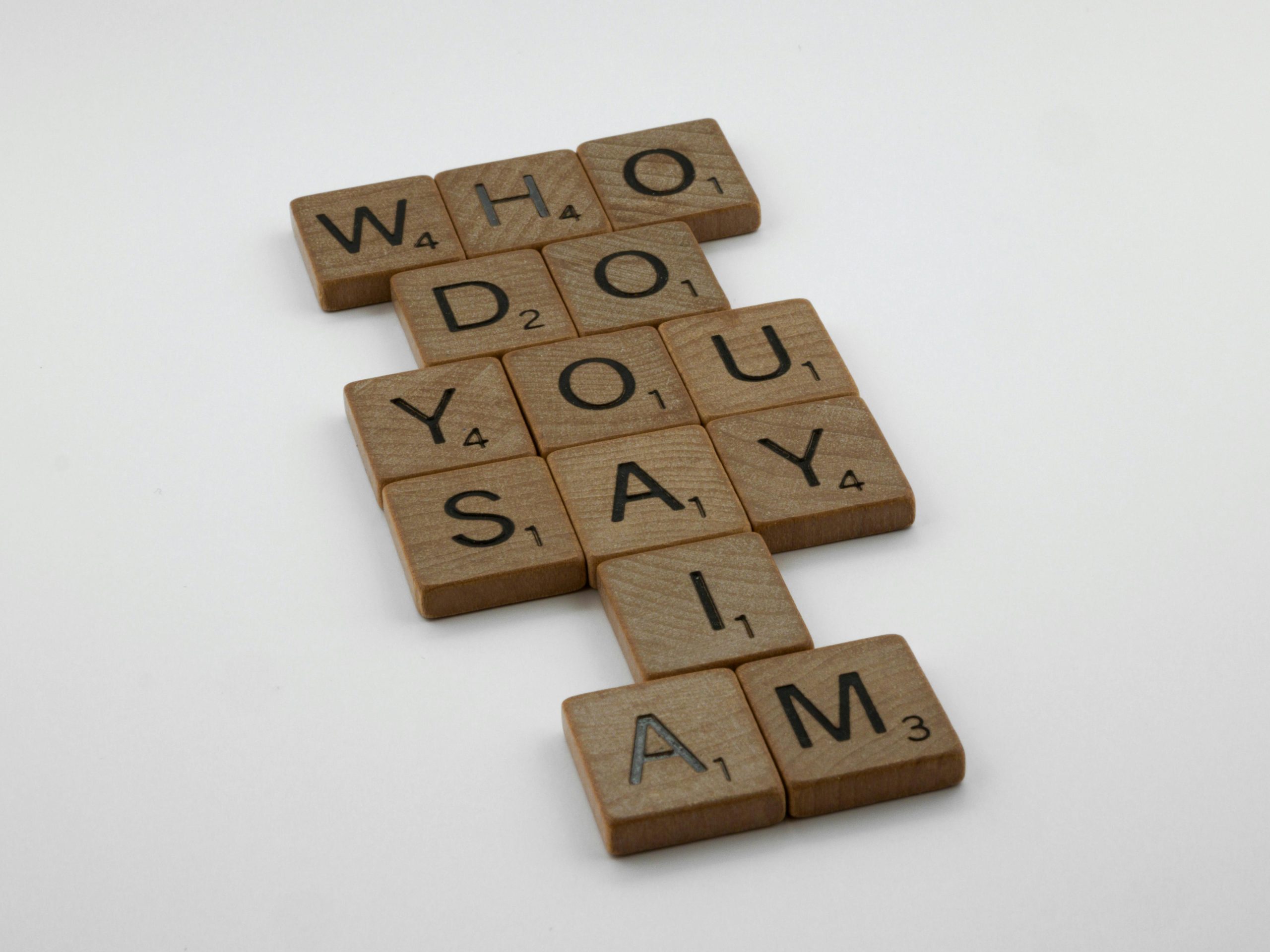I’ve Uncovered a Disturbing Truth About AI That Most People Fail to Notice
The Hidden Cost of AI: Losing the Art of Boredom and Human Creativity
In the rapidly evolving landscape of artificial intelligence, there’s an unsettling realization that few are discussing: our relationship with boredom is fundamentally changing—and not necessarily for the better.
It’s easy to overlook how integral boredom has been to human innovation. When was the last time you experienced genuinely deep boredom—those moments where your mind wanders freely, unscripted by external stimuli? If you’re like most, it’s probably been a while. Today, whenever boredom threatens to surface, our immediate reflex is to pick up our smartphones. And with sophisticated AI algorithms at our fingertips, instant entertainment is always just a tap away.
However, there’s a critical concern lurking beneath this convenience: boredom has historically been a catalyst for creativity and discovery. Iconic breakthroughs across history often emerged during moments of apparent idleness. Think of Albert Einstein pondering relativity during long walks, J.K. Rowling conceiving Harry Potter during train delays, or Charles Darwin’s insights surfacing while strolling along nature paths. These moments of unstructured thinking have sparked some of humanity’s greatest ideas.
Our evolutionary development was shaped by the capacity to handle boredom—using it as a springboard for imagination, problem-solving, and connecting disparate concepts. Boredom, in essence, has been a fertile ground for human ingenuity and artistic expression.
Now, consider how AI disrupts this process. These systems are designed to entertain endlessly—patience, creativity, and availability without limit. With such powerful tools, why should our brains ever venture into the discomfort of boredom when entertainment is just a algorithmic suggestion away?
This shift poses a profound risk: a new generation may grow up never experiencing the kind of idle moments that have historically driven innovation. If our creative impulses are rooted in moments of downtime, then numbing them with AI may inadvertently stifle human originality.
What’s particularly paradoxical is that AI models are trained on human creativity—creativity born from those very moments of boredom. If we deprive ourselves of boredom, we might also limit the very raw material that fuels AI’s creative capacities. Without human input rooted in reflection and idleness, what will AI learn to create next?
As we stand at this crossroads, it’s worth pondering: Are we unknowingly retreating from the very essence of our creativity? Have we, in our pursuit of convenience, unleashed a process that might diminish the spark of human innovation? The future of creativity may depend on whether we can find














Post Comment